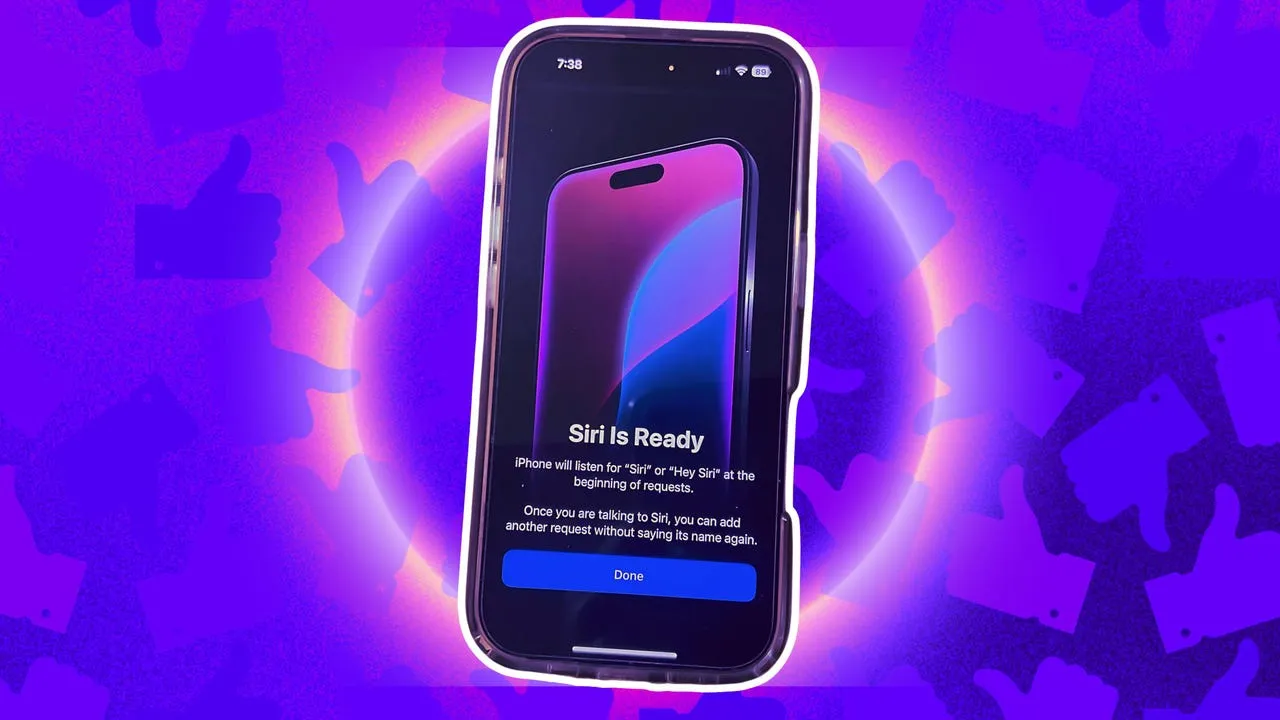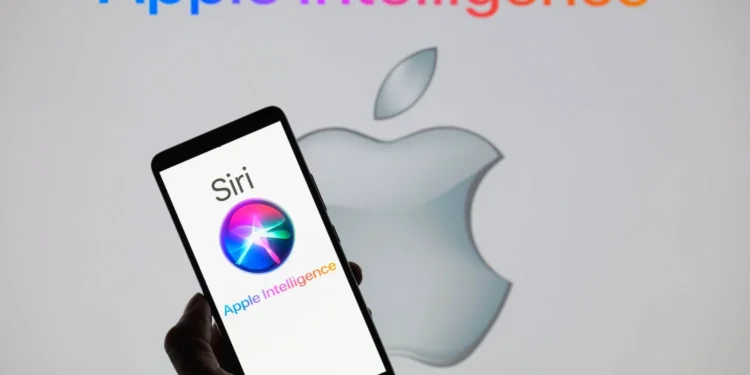Apple might have dazzled viewers with flashy previews of its AI-powered “Apple Intelligence” at WWDC 2024, but behind that presentation was a far messier reality. A bombshell new report from The Information reveals a storm of internal confusion, indecisiveness, and leadership woes that have long plagued Apple’s voice assistant, Siri.

Multiple pivots, frustrated engineers, and what insiders called a “hot potato” work culture paint a picture far from Apple’s usually polished image. What was promised to be a revolutionary step for Siri was, according to sources, little more than smoke and mirrors.
From ‘Mini Mouse’ to ‘Mighty Mess’
Apple initially explored two parallel language models—internally dubbed “Mini Mouse” for on-device use and “Mighty Mouse” for cloud processing. But those plans didn’t last. Leadership scrapped that idea, opting for one large cloud-based model instead. That choice would also later change.

The frequent strategy shifts reportedly drove engineers to their limits. Several became so disillusioned they walked away from Apple altogether. According to over half a dozen former employees, the execution was hamstrung by what they described as “poor leadership,” a risk-averse culture, and a severe lack of ambition.
One former Apple AI team member summarized it simply: “We weren’t building the future. We were fixing yesterday’s problems.”
A Leadership Crisis in Cupertino
Internally, Apple’s AI and machine learning division—known as AIML—has earned the unflattering nickname “AIMLess.” Former employees claim Siri’s development was dragged down by internal turf wars and an environment where higher pay, shorter workdays, and longer vacations were hot-button topics among staff. Meanwhile, Siri itself bounced between teams without ever finding a clear direction.

Robby Walker, the executive leading Siri, focused on micro-improvements, such as removing the “Hey” from “Hey Siri”—a project that took two years. Critics say he resisted more impactful ideas, including a team effort to integrate emotional sensitivity into Siri using large language models (LLMs). The goal was to make the assistant more empathetic, particularly in sensitive or distressing conversations. That project was quietly shelved.










